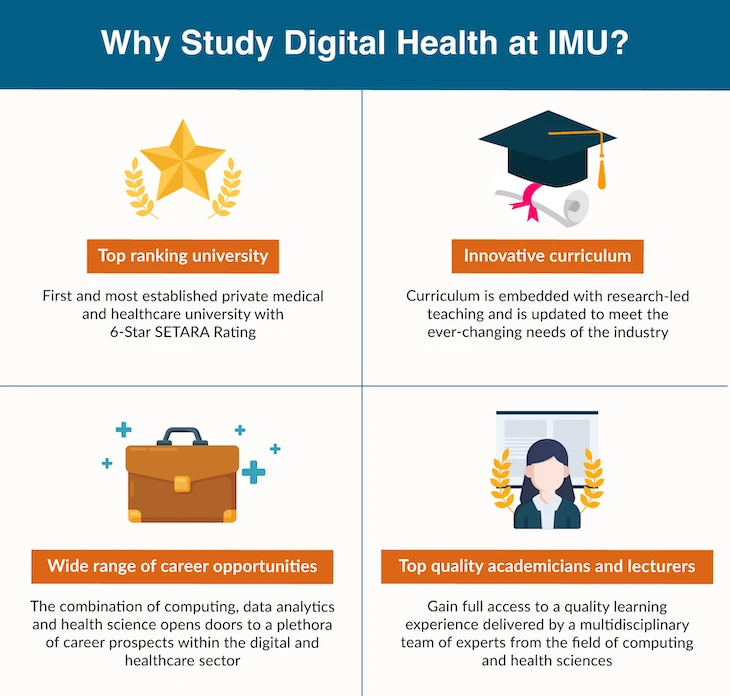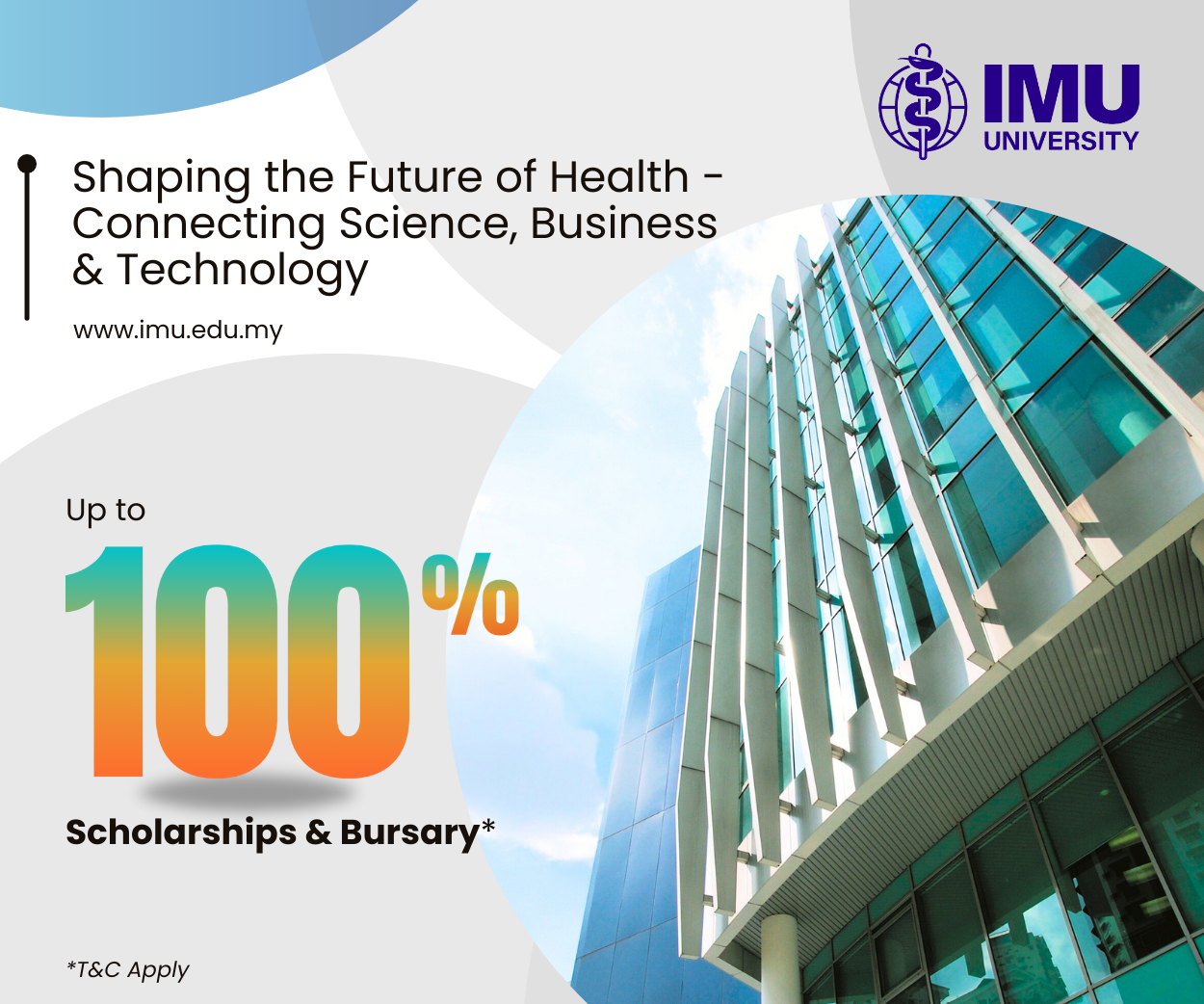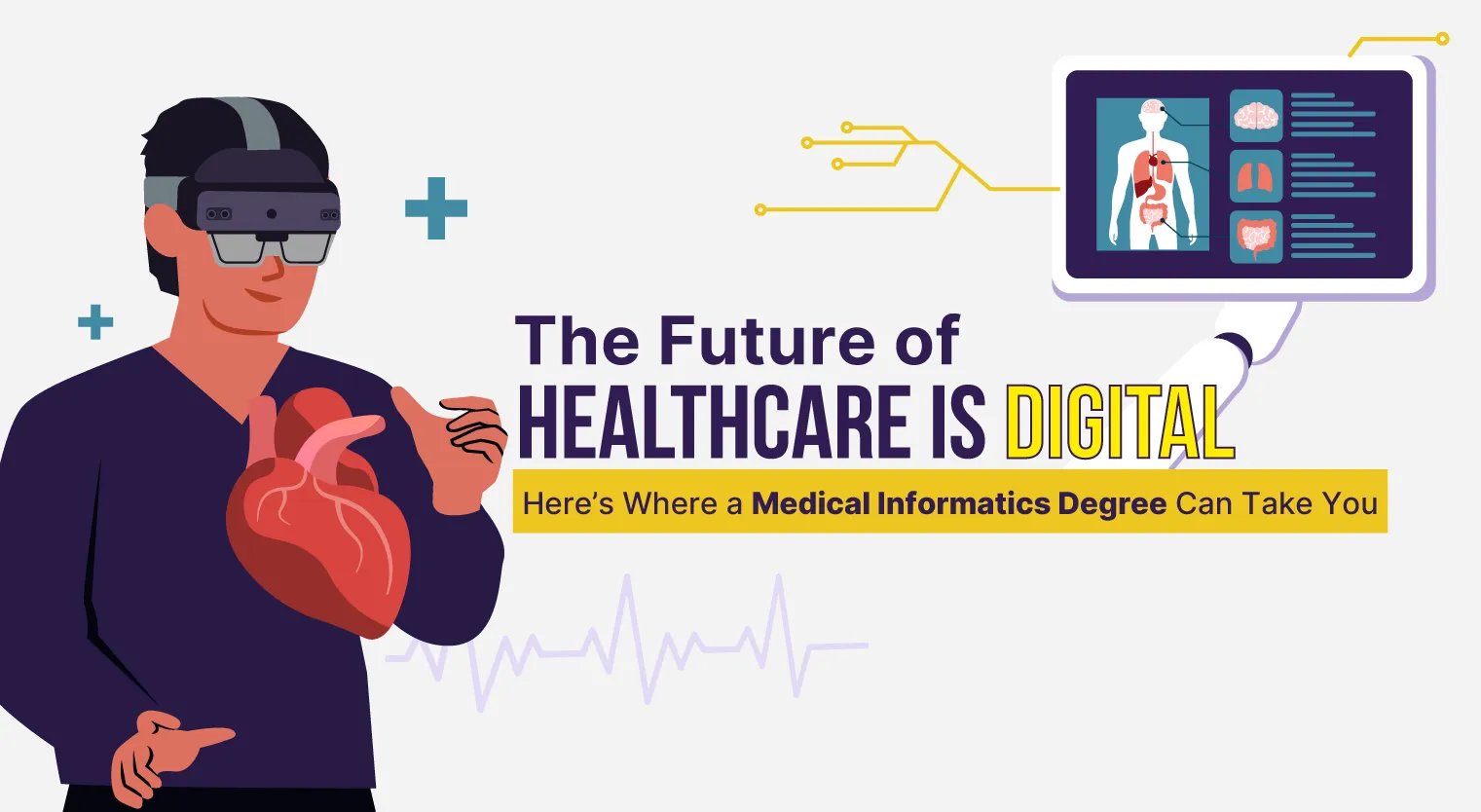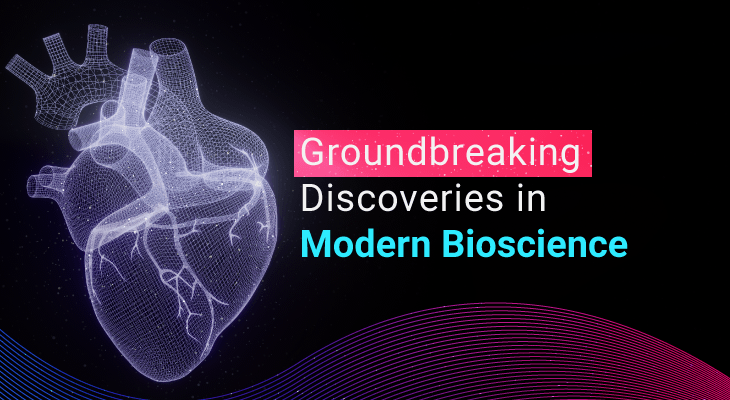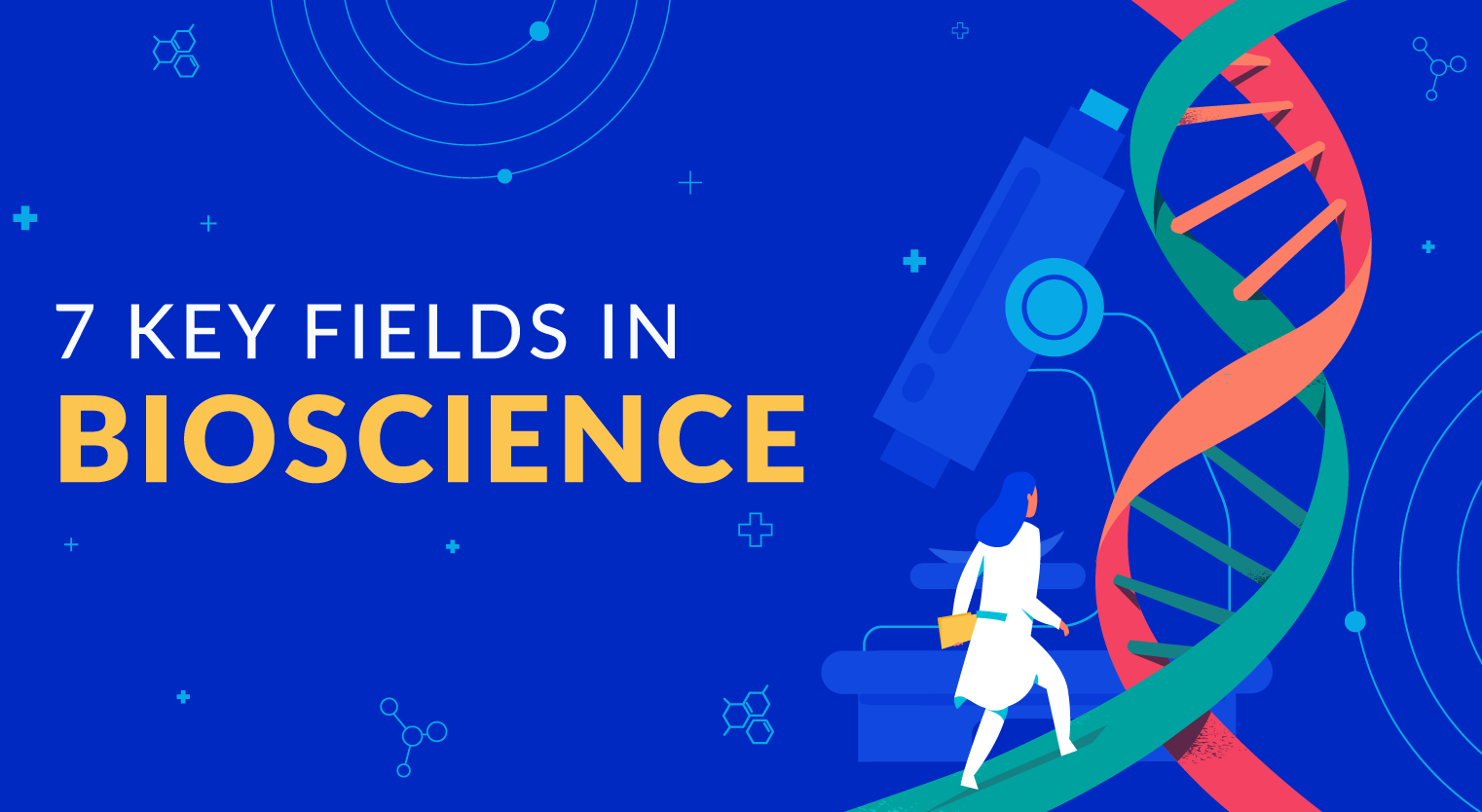What Is Digital Health and How Does It Future Proof Your Career
Technology is driving a revolution in healthcare. Here’s why you should pay attention to digital health and consider it as a career.
Updated 08 Nov 2022
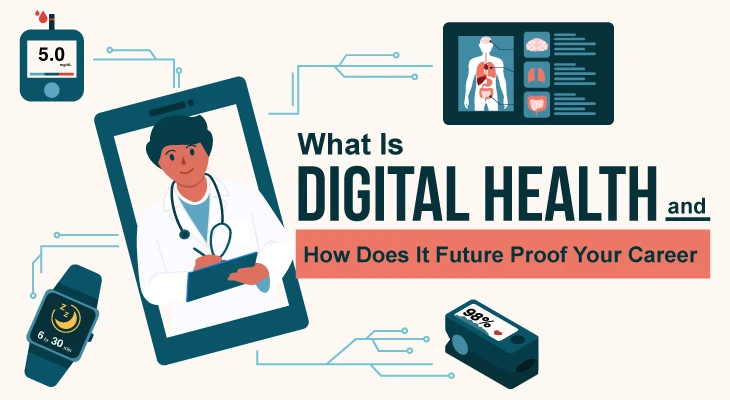

Ever wondered who is behind the cool health features of Apple Watch (e.g. irregular heartbeat rhythm notification, fall detection, ECG app) or most recently, our very own MySejahtera app?
Well, it’s all thanks to the specialists behind digital health!
But what exactly is digital health and why are we seeing more gadgets and tools related to health? How will it affect us and what will digital health look like in the healthcare industry in the future?
In this article, we answer your questions to help you better understand the importance of digital health and how it could revolutionise the future.
What is Digital Health?
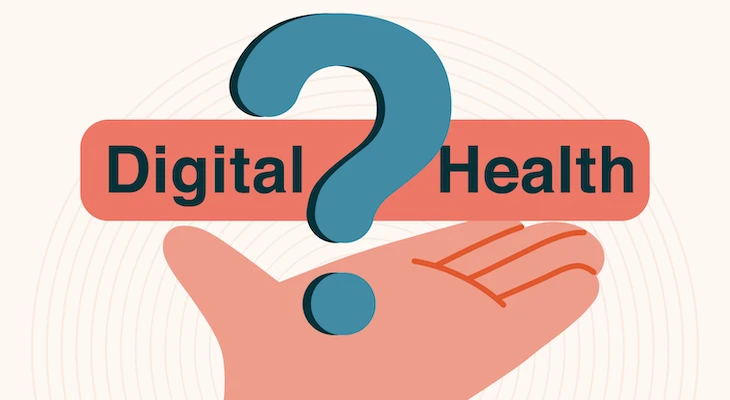
Digital health refers to a multidisciplinary concept that combines technology and healthcare to manage illnesses and health risks and to promote wellness. It aims to combine technologies in ways that are new to healthcare using advanced technology such as artificial intelligence (AI), big data and Internet of Things (IoT) to save time and boost accuracy and efficiency in the healthcare industry.
The concept of digital health may sound foreign to you but you’ve probably encountered it in more ways than one. If you own a Fitbit or an Apple Watch (wearable devices), used an app to track your sleep, diet or mood (mHealth), or consulted with a doctor remotely through services like DOC2US, Speedoc or HomeGP (telemedicine), then you’ve experienced some form of digital health technology.
With digital health, healthcare professionals are able to collect data through computing platforms and software to get accurate diagnostics of healthcare users with minimal contact. Patients, on the other hand, are able to track their health conditions and receive treatment with convenience.
DID YOU KNOW
International Medical University (IMU)’s Bachelor in Digital Health is the first degree in Malaysia that integrates Information and Communication Technologies (ICT), data analytics and healthcare all into one power-packed programme. Learn more about the programme here.
Why is digital health the future of healthcare?
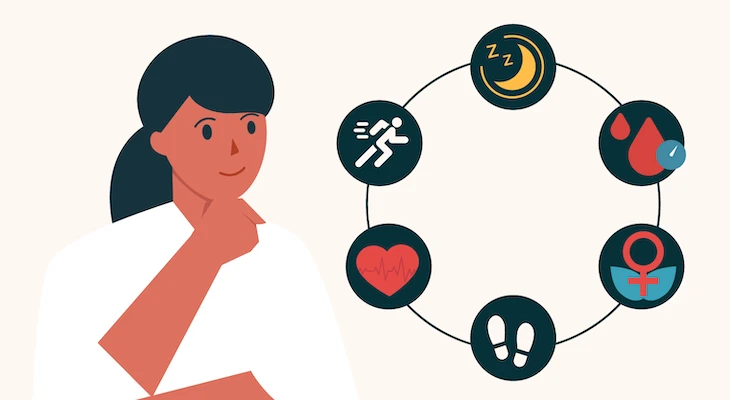
Think about it — when was the last time you tried out a new restaurant without doing a quick Google search or getting a solid recommendation from social media? The reality is that technology is changing not only the way we communicate but also how we seek new information and subscribe to services.
Just as technology has forever altered the way we consume movies and music (think Spotify and Netflix), it’s only a matter of time before the healthcare industry fully embraces technology to improve health outcomes and healthcare as a whole. In fact, we’re already seeing big changes in the field.
For starters, the emergence of telemedicine creates convenience for both patients and healthcare providers. Platforms such as DOC2US and Speedoc help patients receive clinical advice virtually without having to crowd clinics and hospitals. This is extremely beneficial for people in rural areas, bedridden patients or those with chronic illness and contagious diseases as it allows them to get consultation without risking exposure.
To boot, remote patient monitoring devices (e.g. glucometer, pulse oximeter, biosensor) and wearable devices (e.g. Apple Watch, Fitbit Sense, Oura Ring) enable patients to self-monitor and transmit results directly to doctors in real-time. From there, medical professionals can monitor patients’ vital signs remotely. This is especially useful for observing and managing the recovery of discharged patients.
Moreover, most wearable devices are able to monitor heart rate, track blood oxygen and sleeping patterns, and could provide early warning signs of inflammation, abnormalities such as atrial fibrillation, or sleep apnea.
Other areas such as big data and AI enable healthcare professionals to gather more data on health markers such as genes, environment and lifestyle to form accurate statistics and conclusions in treating and preventing disease. This way, they’re able to create more personalised treatment plans tailored to individual needs as opposed to providing a one-size-fits-all medication to patients with different health risks.
All of these could ultimately lower a person's healthcare costs over their lifetime. Furthermore, it has the potential to reduce the number of doctor's appointments, emergency room visits and even hospital admissions. This makes digital health truly transformational and revolutionary.
DID YOU KNOW
IMU is Malaysia’s first and most established private medical and healthcare university with over 30 years of dedicated focus on healthcare education. Begin your healthcare journey on the right foot with IMU. Click here to speak to an advisor now.
Why should you consider a degree in digital health?
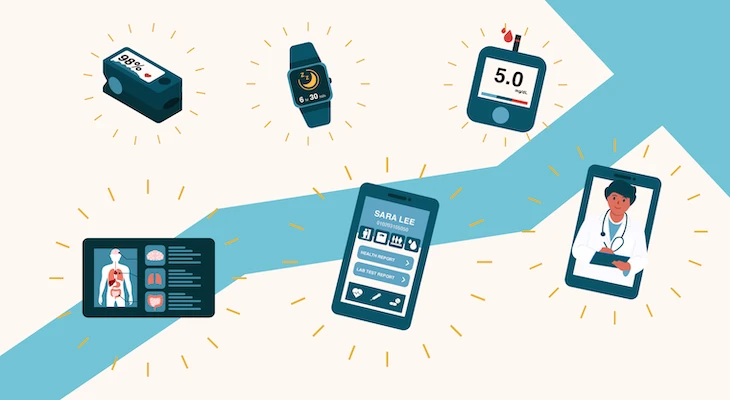
Got a passion for the healthcare field but don’t want to be a doctor? Feel like you could do more for the healthcare system in Malaysia? Perhaps you just want to put your science and mathematical skills to good use. There’s no better degree than digital health.
The digital health industry is estimated to be worth hundreds of billions of dollars and is expected to grow rapidly, especially with the ageing population, longer life expectancy, and shortage of doctors and nurses worldwide. And as our reliance on digital technologies and devices grows, so too will the adoption of digital health. This makes digital health both exciting and lucrative.
A digital health degree can also prepare you with digital skills from the get-go. As other industries push for employees to upskill in order to cope with technological advancements, you will already have a hybrid of skills and knowledge consisting of healthcare, data analytics and computer science.
As for career prospects, you can expect a diverse range of options. As it stands, jobs such as health data analyst, health information specialist and wearables app developer are open to you. As the field expands, new jobs will be created to meet the demands of digital health, increasing your career options. Moreover, your options aren’t limited to the healthcare field. The digital skills you gain can benefit you in various non-health science industries such as tech, business, marketing and insurance.
What type of future-proof skills does a digital health degree offer?
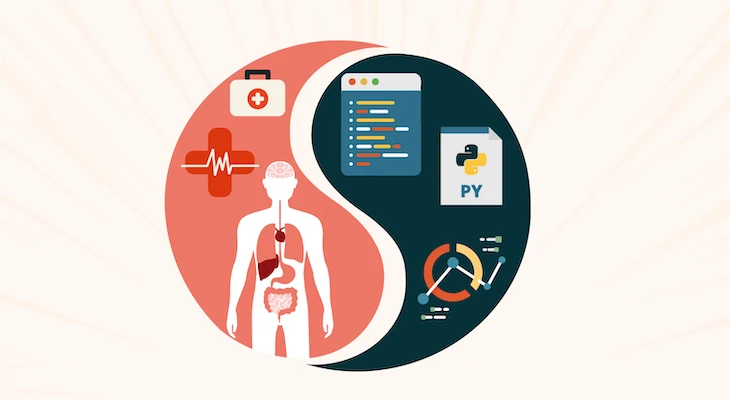
To thrive in the IR4.0 era, employers are looking for digitally-savvy talents regardless of academic background. Pursuing a digital health degree puts you at an advantage as the programme blends healthcare, data science and computer science — all of which are in demand in Malaysia.
With computer science, you’ll cover data structures and algorithms, programming and advanced computing topics in the context of healthcare. The data analytics component will see you diving into data mining, big data, health data engineering and data visualisation. Finally, the healthcare component has modules such as genetics, biological science and digital health applications.
With such comprehensive subject material, you will develop numerous transferrable skills that will make you an asset in any field. Data analytics will hone your analytical and logical thinking skills, while exposure to programming and computer science will sharpen your attention to detail and problem-solving skills. You’ll also come away with an entrepreneurial mindset that will enable you to identify opportunities for digital health products and solutions.
All in all, you’ll graduate with the technical knowledge and practical skills needed to drive innovation in the fast-growing field of digital health.
DID YOU KNOW
IMU’s Digital Health curriculum is updated to meet the ever-changing needs of the IT and healthcare industry, ensuring that you’re equipped with the relevant skills and will be employable upon graduation. Speak to an advisor about IMU’s Digital Health programme now.
What are the career prospects for a digital health graduate?
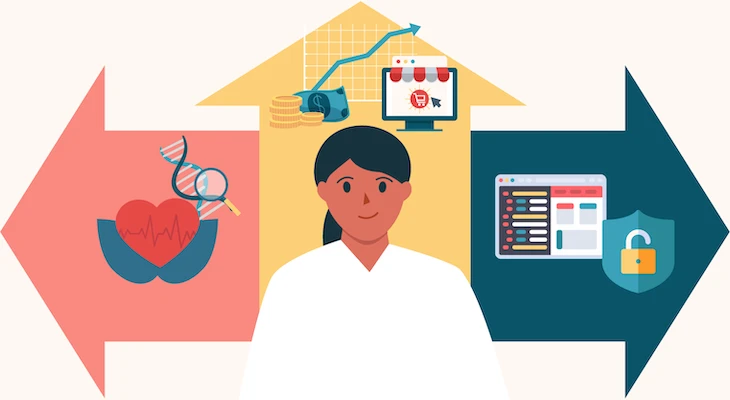
If you think that the digital health degree is too niche for the job market, think again. Studies have shown that the digital health field will grow rapidly, simultaneously creating demand for talents to fit both existing and new job roles. This is particularly notable in healthcare facilities, hospitals, government agencies and health technology start-ups looking to bring about digital health innovations.
If your interest lies in the healthcare sector, your career options include health informatics consultant, health informatics analyst, health data analyst, health data engineer, clinical analyst or digital health specialist. With a hybrid set of skills, your job scope may involve collecting and maintaining data, designing and developing information systems, and standardising and managing the platform to ensure the healthcare services run as efficiently as possible.
If the healthcare sector is not for you, don’t fret! You can also put your skills to good use in the non-health science industries. Your IT and data science skills will be sought after in digital fields such as wearable devices, machine learning, data analytics, robotics and Internet of Things (IoT). This opens doors to roles like software developer, data scientist and machine learning engineer, app developer, augmented/virtual reality developer and robotics engineer.
PRO TIP
Want to keep up with the growing trends in both the healthcare and tech industries? Start on the right track with IMU’s Digital Health degree here.
There you have it! We hope this provides you with some insight into what digital health is and how pertinent it is to our future. Did the programme manage to win you over?
